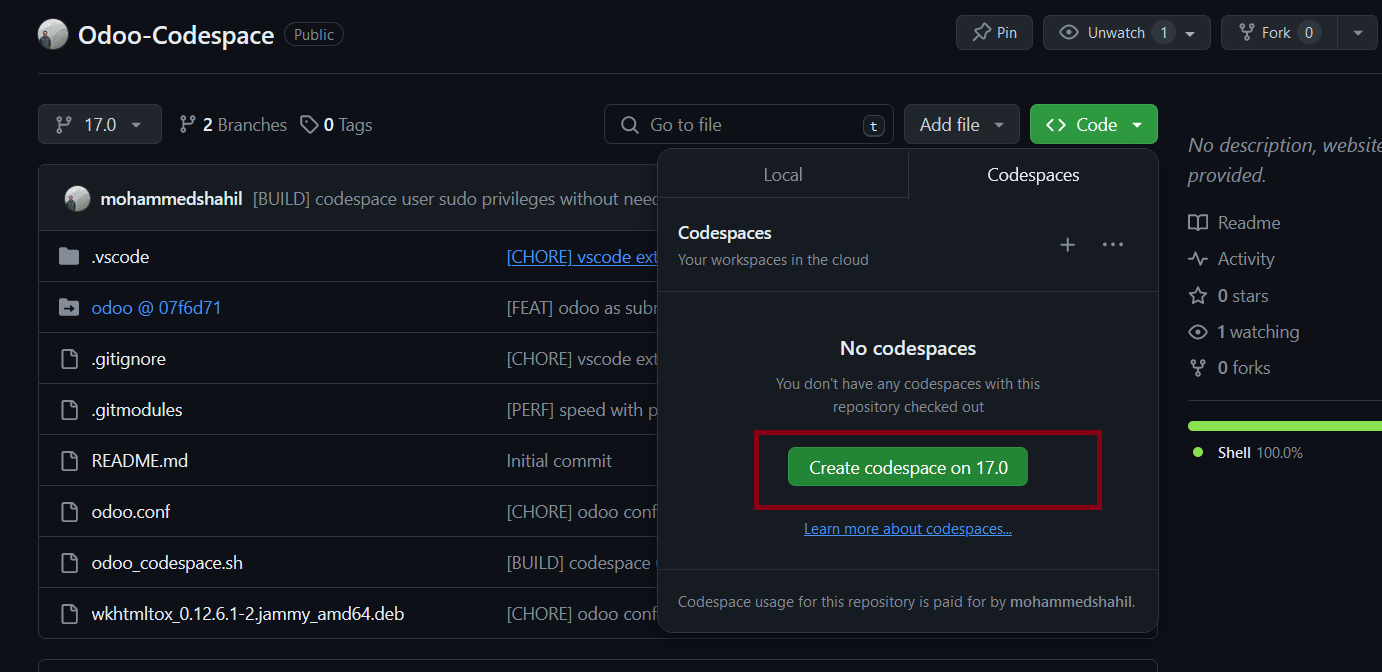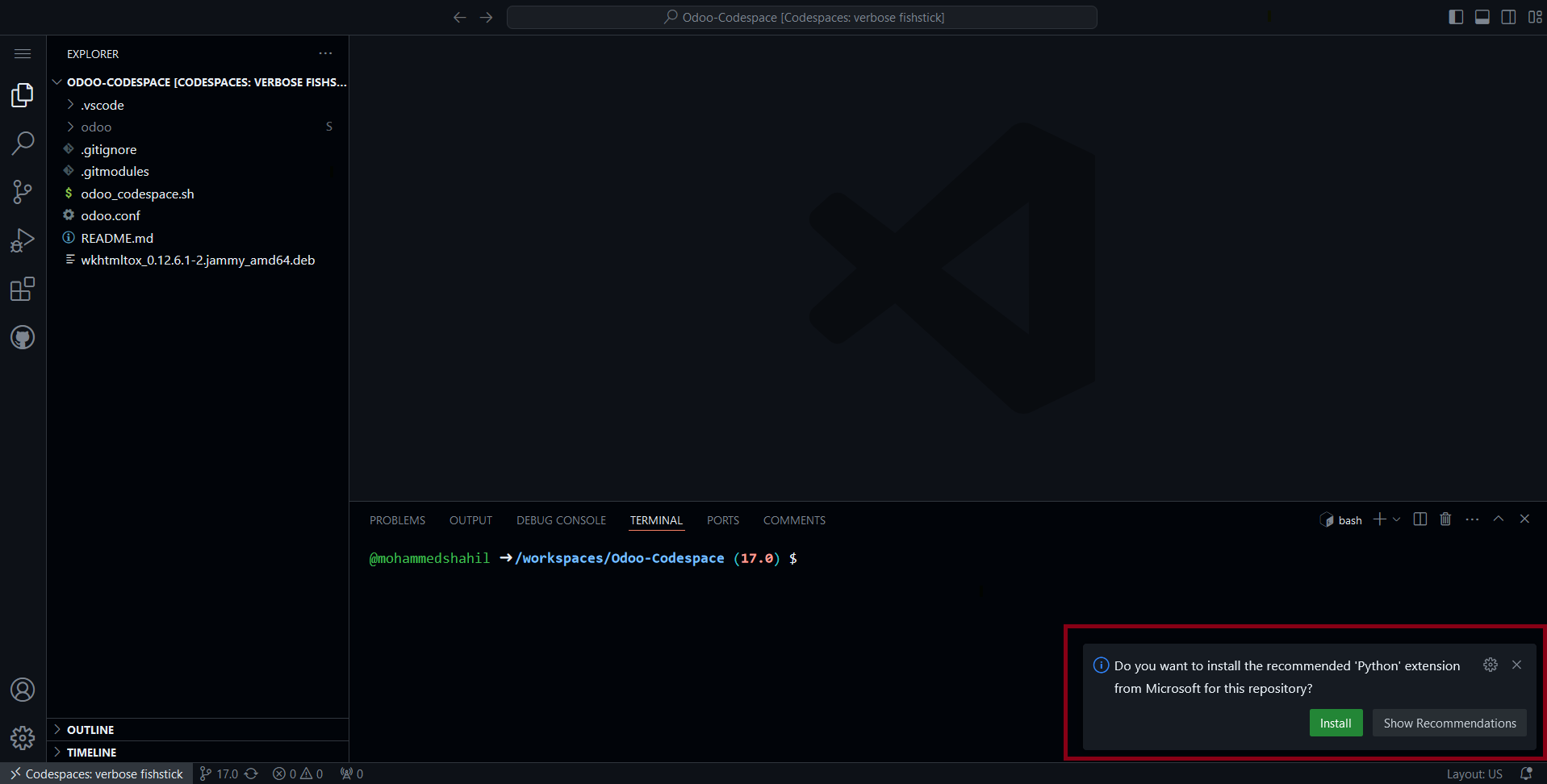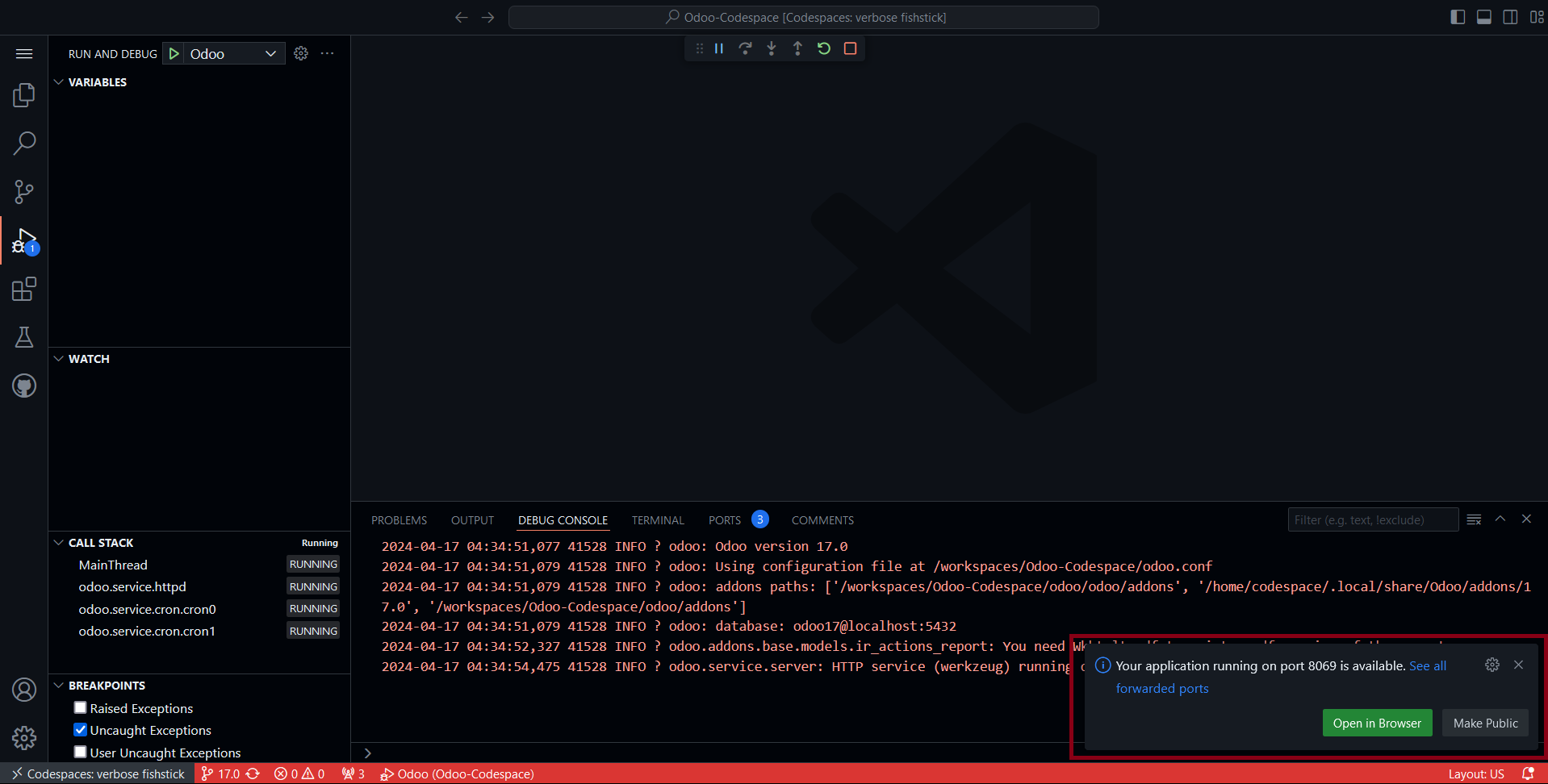GitHub Codespaces is a cloud-based development environment service provided by GitHub. It allows developers to write, run, debug, test, commit, and push code from any device using a web browser. This service is particularly useful for developers who want to contribute to a project without setting up a local development environment.
GitHub provides every user with a certain number of free hours to use Codespaces each month. For free users, this is limited to a certain number of hours, while Pro and Team users receive additional hours. Beyond the free hours, usage is billed per minute. The exact number of free hours and the cost per minute can vary, so it's recommended to check the GitHub Pricing page for the most up-to-date information.
Benefits of GitHub Codespaces
- Zero Setup: Codespaces sets up a cloud-hosted, containerized, and customizable development environment in minutes, reducing the time spent on environment configuration.
- Fully Featured: Codespaces provides a fully-featured Visual Studio Code editor in the browser, with built-in terminal access and support for VS Code extensions.
- Consistent Workspaces: Each Codespace is a dedicated, isolated container with its own CPU, memory, and storage, ensuring consistent performance and isolation from other workspaces.
- Instant Contribution: With Codespaces, contributors can start contributing to a project immediately without setting up a local development environment.
- Anywhere Access: As a cloud-based service, Codespaces can be accessed from any device with a web browser, allowing developers to work from anywhere.
- Integration with GitHub: Codespaces is deeply integrated with GitHub, providing seamless transition from repository to development environment.
This article provides a detailed guide on setting up Odoo in a GitHub Codespace, enabling you to develop and access Odoo directly from your browser.
Prerequisites
- A GitHub account
- Basic understanding of Odoo and GitHub Codespaces.
Step 1: Fork the Odoo-Codespace Repository
The first step is to fork the Odoo-Codespace repository. This repository contains all the necessary scripts and configurations for setting up Odoo in a GitHub Codespace.
To fork the repository:
- Visit the Odoo-Codespace repository at https://github.com/mohammedshahil/Odoo-Codespace.
- Click on the "Fork" button at the top right corner of the repository page. This will create a copy of the repository under your GitHub account.
Step 2: Create a GitHub Codespace
After forking the repository:
- Navigate to the forked repository in your GitHub account.
- Click on the "Code" button.
- From the dropdown menu, select "Open with Codespaces" and then "New codespace".

Step 3: Install the suggested python extension

Step 4: Run the Installation Script
In the Codespace:
- Open the terminal.
- Run the provided script to install Odoo. This script automates the installation process, setting up everything you need to start working with Odoo.
# Make the script executable
chmod +x odoo_codespace.sh
#Execute the script
sudo ./odoo_codespace.sh
Step 5: Access Odoo from Your Browser
Once the installation is complete, you can access Odoo directly from your browser. Navigate to the provided URL and start exploring the features and capabilities of Odoo.


Setting up Odoo in a GitHub Codespace simplifies the process of getting started with this powerful business suite. With everything set up in a cloud-based environment, you can access and work on Odoo from anywhere, at any time. This setup is ideal for developers looking to contribute to the Odoo project, or business owners exploring Odoo's offerings.
References
Note: The above guide is tailored for Odoo version 17. If you need to work with a different version of Odoo, you can modify the submodule before running it. Be sure to replace 17.0 with your desired version number. Always check the Odoo official documentation for any specific requirements or instructions related to different versions.
Happy coding!